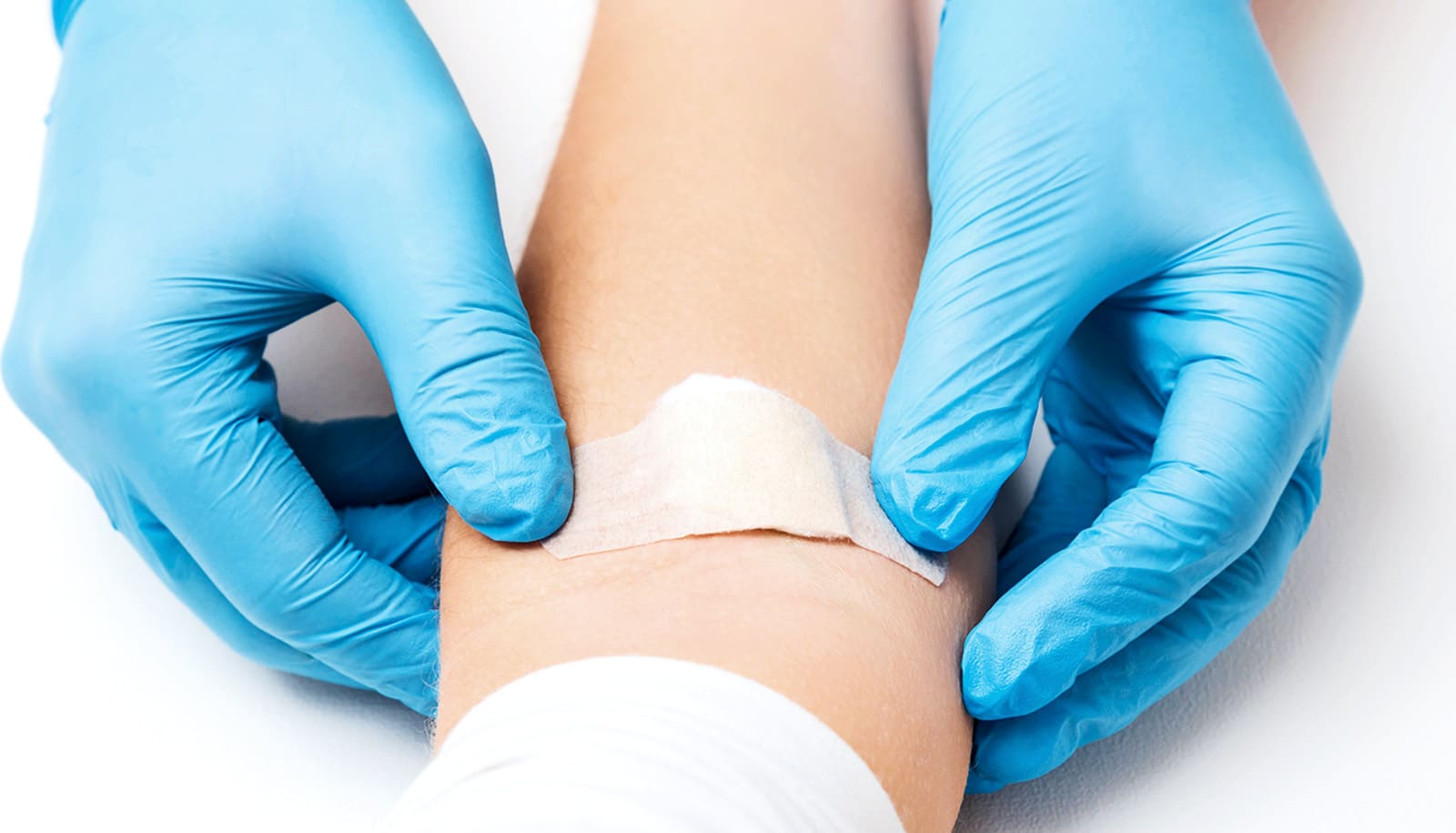A new report recommends that clinicians screen all adults 18 to 79 for the hepatitis C virus (HCV).
The task force of national health experts notes that the viral infection is now associated with more deaths in the United States than the top 60 reportable infectious diseases combined.
Many people are unaware they are carrying the viral infection.
“People with hepatitis C do not always feel sick and may not know they have it,” says Douglas K. Owens, professor of medicine at Stanford University and director of Stanford Health Policy.
“Screening is key to finding this infection early, when it’s easier to treat and cure, helping reduce illnesses and deaths,” says Owen, chair of the US Preventative Services Task Force which came up with the new recommendations.
2 blood tests
Screening involves testing a blood sample to see whether it contains antibodies (disease-fighting proteins) that react specifically to the hepatitis C virus. Following the initial test, patients receive a second one to determine the level of virus in the blood.
When used together, the two tests accurately identify whether a person has hepatitis C infection, the Task Force says.
An estimated 4.1 million people in the United States carry HCV antibodies and about 2.4 million live with the virus, according to the Task Force.
The HCV infection becomes chronic in 75% to 85% of cases and some of those people develop symptoms such as chronic fatigue and depression—and liver diseases that can range from cirrhosis to liver cancer.
Opioid epidemic’s link to hepatitis C
Approximately one-third of people ages 18 to 30 who inject drugs are infected with the virus; 70% to 90% of older injection-drug users are infected.
The opioid epidemic now plays an important role in the prevalence of HCV, Owens says. There are more than three times the number of acute HCV cases than a decade ago, particularly among young, white, injection drug users who live in rural areas. The virus, spread through contaminated blood, has also hit women aged 15 to 44 hard, researchers say.
“The opioid epidemic has added fuel to the HCV fire, substantially increasing transmission,” Owens says. “HCV is now an enormous public health problem, affecting a much broader age range of people than before.
“Fortunately, we have the tools to identify people and treatment is now successful in the vast majority of patients, so screening can prevent the mortality and morbidity from HCV.”
The US Preventive Services Task Force is an independent panel of national experts in prevention and evidence-based medicine. It had recommended people who are at high risk receive a test for hepatitis C, as well as “baby boomers” born between 1945 and 1965. It has expanded its recommendations for screening to all adults age 18 to 79, and younger or older patients if they are at high risk of acquiring HCV.
Hepatitis C primarily spreads when blood from an infected person enters the body of someone who is not infected. Currently no vaccine exists, but there are effective oral direct-acting antiviral (DAA) medications that can clear the virus from the body, particularly if caught early.
“Hepatitis C affects millions of people across the country,” says Michael J. Barry, a member of the Task Force. “We recommend screening all adults regardless of their risk because new evidence shows that more people can benefit from this service than even before.”
The final recommendation statement and corresponding evidence summary appear in the Journal of the American Medical Association and on the Task Force website.
Source: Stanford University

